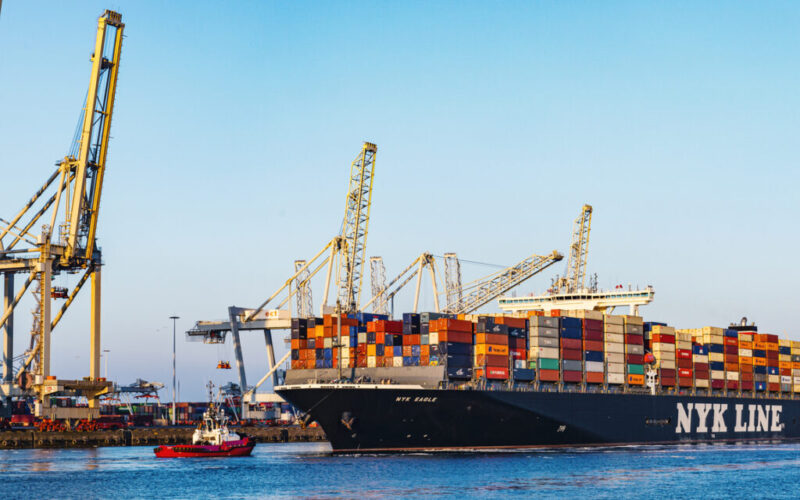The Global Centre for Maritime Decarbonisation (GCMD) has partnered with NYK Line to begin Project LOTUS (long-term impact of continuous biofuel usage on vessel operations).
This six-month study will test the continuous usage of a biofuels mix consisting of 24 per cent Fatty Acid Methyl Esters (FAME) and very low sulphur fuel oil (VLSFO) onboard a short-sea vehicle carrier that will stop at several ports.
The employment of a vessel operating on short-sea routes will provide regular access to fuels stored onboard for sampling and testing during numerous port visits.
According to NYK, FAME, a widely accessible biofuel made from second-generation feedstocks such as spent cooking oil and palm oil mill effluent, offers a viable fuel option for immediate GHG emission reductions in the shipping sector.
While its compatibility with existing engines and bunkering infrastructure makes it an appealing ‘drop-in’ green fuel, concerns regarding the impact of long-term use on vessel operations persist.
READ: NYK tests long-term usage of biofuels
NYK noted that one disadvantage of FAME compared to traditional marine fuels is that it is more prone to chemical breakdown and microbiological development, both of which can damage shipboard engine components and/or block fuel distribution systems.
As a precautionary measure, engine Original Equipment Manufacturers (OEMs) and classification societies have advocated increasing the frequency of maintenance while utilising biofuels and mixes instead of traditional marine fuels.
Despite a promising increase in biofuel bunkering volumes in important hubs such as Singapore and Rotterdam, with sales rising from negligible levels in 2020 to 1 million metric tonnes (MT) in 2023, they still account for only 1.7 per cent of overall bunker sales in these hubs.
READ: NYK to complete first truck-to-ship fuel ammonia bunkering
With stricter rules in place, the use of biofuels in shipping is expected to increase dramatically in the coming years.
To fully comprehend the opportunity that FAME brings to the shipping industry, a detailed examination of the impact on its long-term usage and an assessment of the entire cost of adoption are required.
NYK reported that there is currently minimal data on the influence of long-term and continuous biofuel use on engine performance and fuel delivery system operations.








